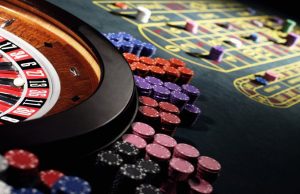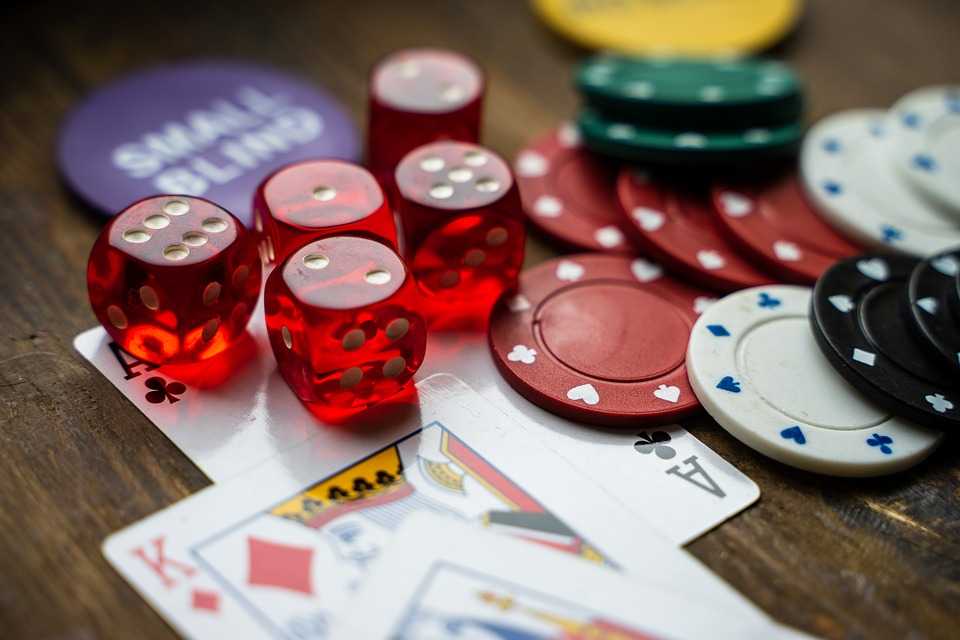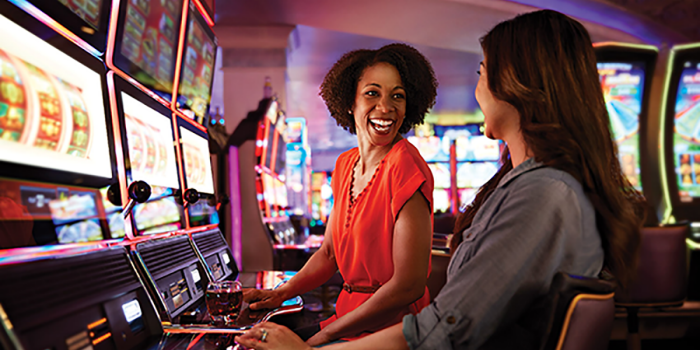In the electronic age, where screens go about as doorways to tremendous areas of redirection, online poker stands separated as an obviously elating wild. Its climb in pervasiveness is not just an example yet a show of the enchanting blend of strategy, cerebrum examination, and chance that it offers. One of the most engaging pieces of online poker is its transparency. As opposed to regular actual casinos, where the ringing of chips and mutters of players make an undeniable environment, online poker persuades players from the comfort of their homes or wherever with a web affiliation. This receptiveness has democratized the game, allowing players of all establishments and capacity levels to participate in the adrenaline-siphoning movement. The solace of online stages has in like manner expected a basic part in the game’s trip. At absolutely no point in the future do players need to head out miles to show up at a casino or keep things under control for a specific poker night with partners.

With two or three snaps, they can go into a virtual poker room clamoring with players from around the globe, ready to test their capacities and karma. Furthermore, the variety of online poker plans adds to its charm. From Texas Holder, the darling of transmission poker contests, to Omaha Good tidings Lo and Seven-Card Stud, players can examine a lot of games and find the one that suits their style best. This assortment keeps the game new and interfacing with, ensuring there’s consistently a truly new thing to rule or a substitute procedure to use. The allure of online poker furthermore lies in its blend of capacity and probability. While karma undeniably expects a section in the cards made due, arranged players handle that framework, mental information, and significant control are correspondingly pressing. The ability to figure out rivals, pretend convincingly, and seek after resolved decisions under pressure lays out a dynamic and intellectually empowering environment.
Players can join social occasions, watch educational activities from top experts, and partake in discussions about hands and procedures. This sensation of having a spot and shared energy for the game supports the bond among players and fills their yearning to improve and succeed. The progression of development has in like manner updated the web-based poker experience. Top quality representations, steady gameplay, and secure portion decisions have caused virtual poker tables to feel incredibly definite. Undeniable level computations ensure fair play and sporadic card scattering, ensuring players of a genuine and M98 stimulating gaming experience. As online poker continues to get a move on, it has transcended basic redirection to transform into a phase for skill improvement, social association, and, shockingly, capable challenge.







